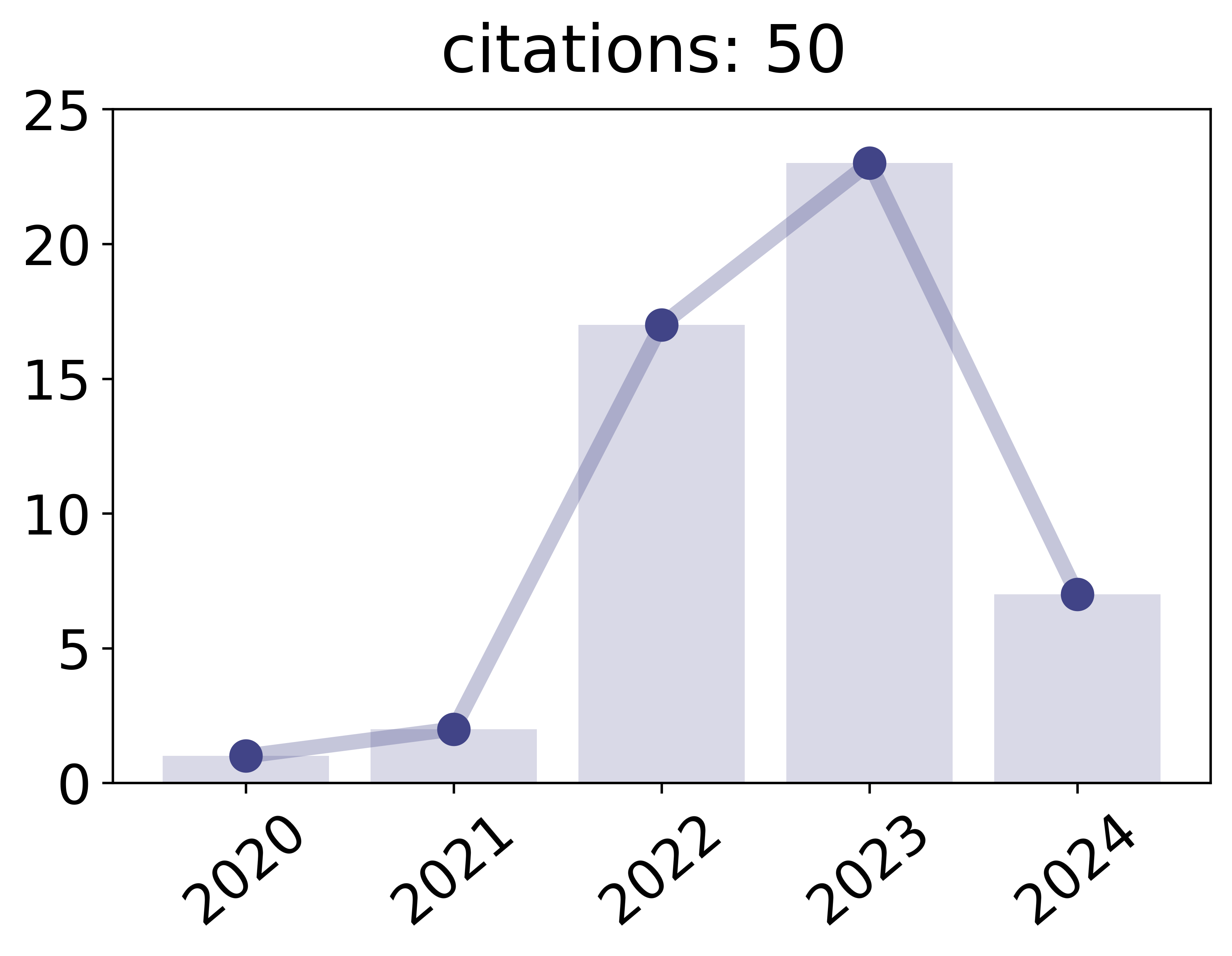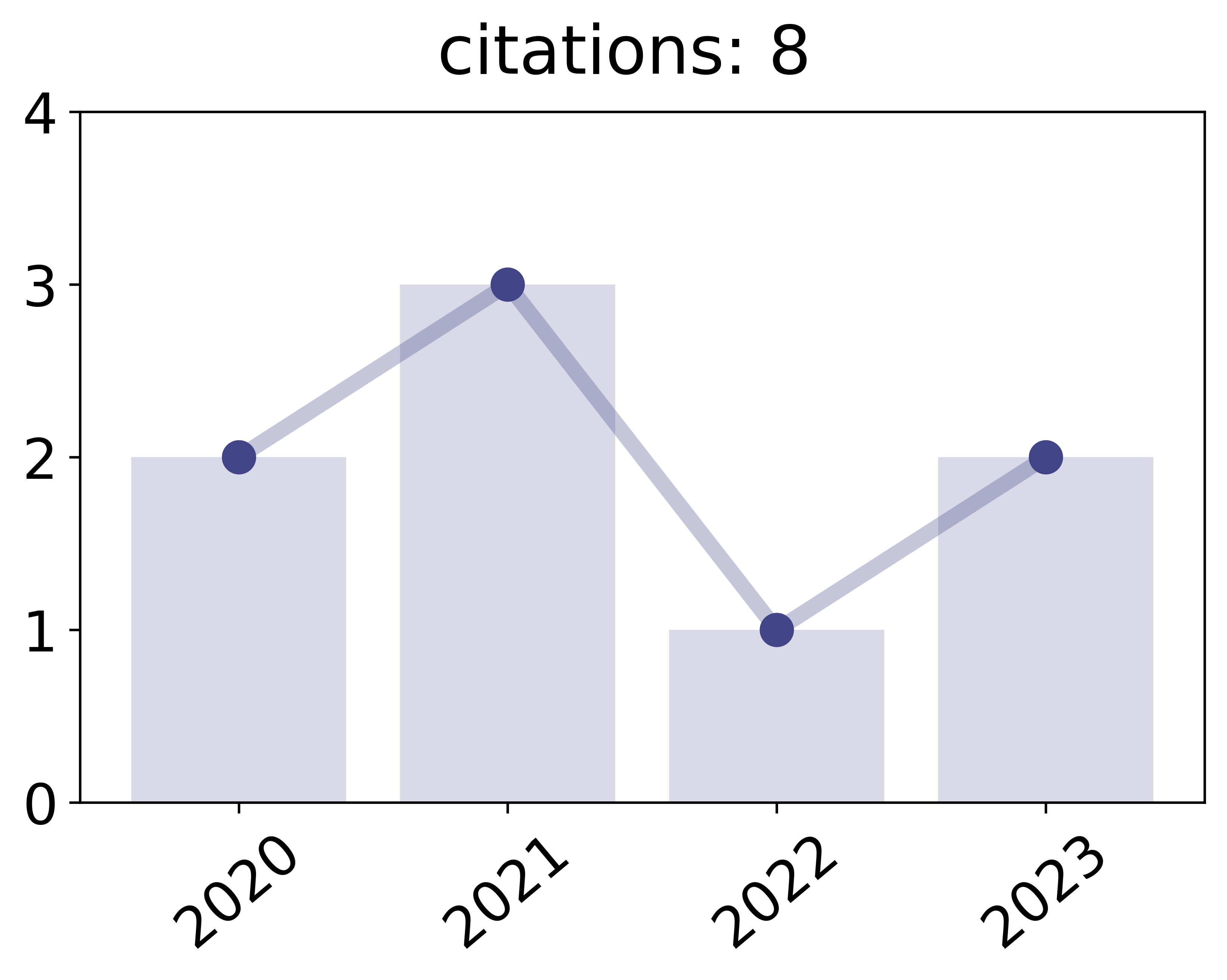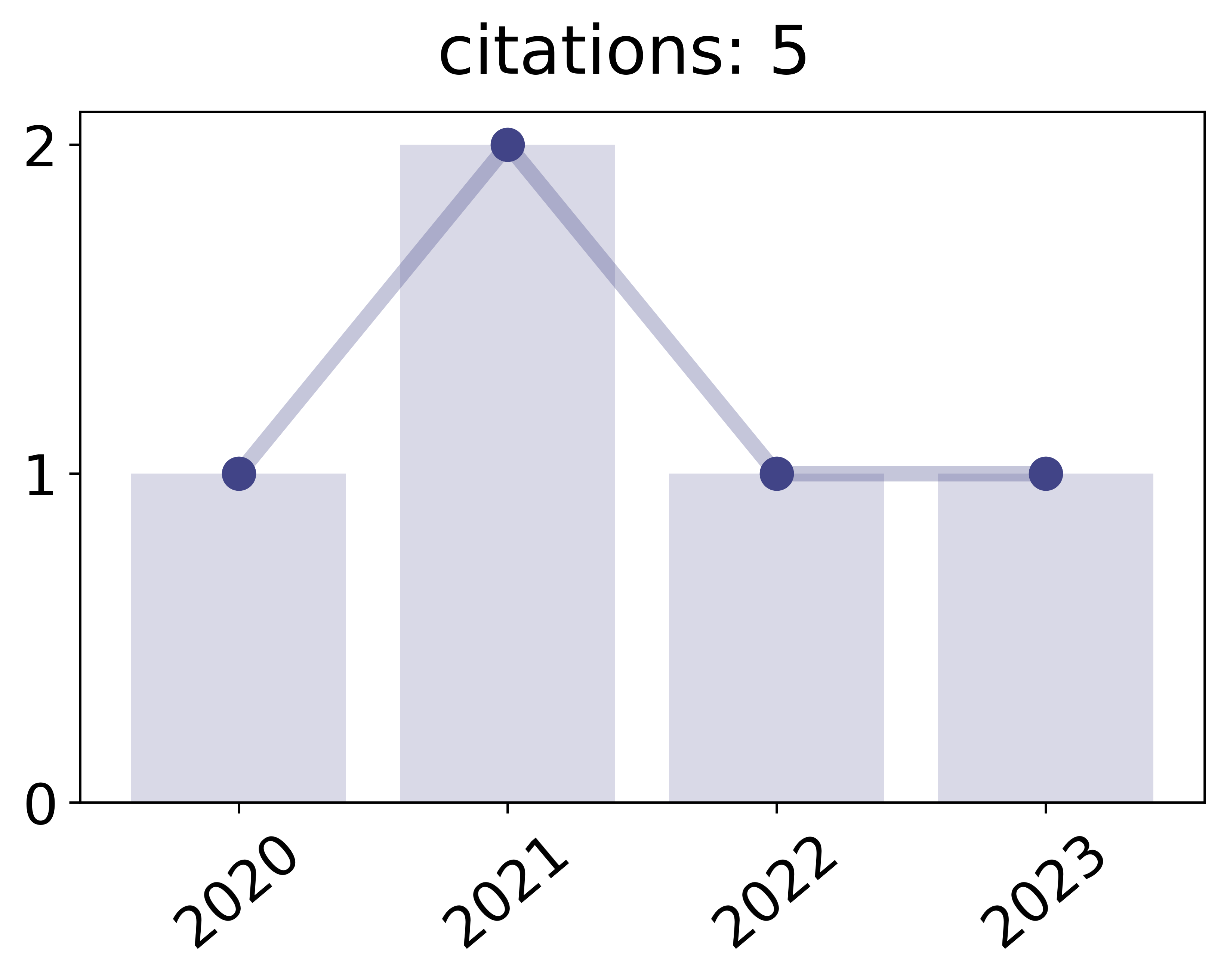2021
Petzka, Henning; Kamp, Michael; Adilova, Linara; Sminchisescu, Cristian; Boley, Mario
Relative Flatness and Generalization Proceedings Article
In: Advances in Neural Information Processing Systems, Curran Associates, Inc., 2021.
Abstract | BibTeX | Tags: deep learning, flatness, generalization, Hessian, learning theory, relative flatness, theory of deep learning
@inproceedings{petzka2021relative,
title = {Relative Flatness and Generalization},
author = {Henning Petzka and Michael Kamp and Linara Adilova and Cristian Sminchisescu and Mario Boley},
year = {2021},
date = {2021-12-07},
urldate = {2021-12-07},
booktitle = {Advances in Neural Information Processing Systems},
publisher = {Curran Associates, Inc.},
abstract = {Flatness of the loss curve is conjectured to be connected to the generalization ability of machine learning models, in particular neural networks. While it has been empirically observed that flatness measures consistently correlate strongly with generalization, it is still an open theoretical problem why and under which circumstances flatness is connected to generalization, in particular in light of reparameterizations that change certain flatness measures but leave generalization unchanged. We investigate the connection between flatness and generalization by relating it to the interpolation from representative data, deriving notions of representativeness, and feature robustness. The notions allow us to rigorously connect flatness and generalization and to identify conditions under which the connection holds. Moreover, they give rise to a novel, but natural relative flatness measure that correlates strongly with generalization, simplifies to ridge regression for ordinary least squares, and solves the reparameterization issue.},
keywords = {deep learning, flatness, generalization, Hessian, learning theory, relative flatness, theory of deep learning},
pubstate = {published},
tppubtype = {inproceedings}
}

2020
Petzka, Henning; Adilova, Linara; Kamp, Michael; Sminchisescu, Cristian
Feature-Robustness, Flatness and Generalization Error for Deep Neural Networks Workshop
2020.
Links | BibTeX | Tags: deep learning, flatness, generalization, learning theory, loss surface, neural networks, robustness
@workshop{petzka2020feature,
title = {Feature-Robustness, Flatness and Generalization Error for Deep Neural Networks},
author = {Henning Petzka and Linara Adilova and Michael Kamp and Cristian Sminchisescu},
url = {http://michaelkamp.org/wp-content/uploads/2020/01/flatnessFeatureRobustnessGeneralization.pdf},
year = {2020},
date = {2020-01-01},
urldate = {2020-01-01},
journal = {arXiv preprint arXiv:2001.00939},
keywords = {deep learning, flatness, generalization, learning theory, loss surface, neural networks, robustness},
pubstate = {published},
tppubtype = {workshop}
}
2019
Kamp, Michael
Black-Box Parallelization for Machine Learning PhD Thesis
Universitäts-und Landesbibliothek Bonn, 2019.
Abstract | Links | BibTeX | Tags: averaging, black-box, communication-efficient, convex optimization, deep learning, distributed, dynamic averaging, federated, learning theory, machine learning, parallelization, privacy, radon machine
@phdthesis{kamp2019black,
title = {Black-Box Parallelization for Machine Learning},
author = {Michael Kamp},
url = {https://d-nb.info/1200020057/34},
year = {2019},
date = {2019-01-01},
urldate = {2019-01-01},
school = {Universitäts-und Landesbibliothek Bonn},
abstract = {The landscape of machine learning applications is changing rapidly: large centralized datasets are replaced by high volume, high velocity data streams generated by a vast number of geographically distributed, loosely connected devices, such as mobile phones, smart sensors, autonomous vehicles or industrial machines. Current learning approaches centralize the data and process it in parallel in a cluster or computing center. This has three major disadvantages: (i) it does not scale well with the number of data-generating devices since their growth exceeds that of computing centers, (ii) the communication costs for centralizing the data are prohibitive in many applications, and (iii) it requires sharing potentially privacy-sensitive data. Pushing computation towards the data-generating devices alleviates these problems and allows to employ their otherwise unused computing power. However, current parallel learning approaches are designed for tightly integrated systems with low latency and high bandwidth, not for loosely connected distributed devices. Therefore, I propose a new paradigm for parallelization that treats the learning algorithm as a black box, training local models on distributed devices and aggregating them into a single strong one. Since this requires only exchanging models instead of actual data, the approach is highly scalable, communication-efficient, and privacy-preserving.
Following this paradigm, this thesis develops black-box parallelizations for two broad classes of learning algorithms. One approach can be applied to incremental learning algorithms, i.e., those that improve a model in iterations. Based on the utility of aggregations it schedules communication dynamically, adapting it to the hardness of the learning problem. In practice, this leads to a reduction in communication by orders of magnitude. It is analyzed for (i) online learning, in particular in the context of in-stream learning, which allows to guarantee optimal regret and for (ii) batch learning based on empirical risk minimization where optimal convergence can be guaranteed. The other approach is applicable to non-incremental algorithms as well. It uses a novel aggregation method based on the Radon point that allows to achieve provably high model quality with only a single aggregation. This is achieved in polylogarithmic runtime on quasi-polynomially many processors. This relates parallel machine learning to Nick’s class of parallel decision problems and is a step towards answering a fundamental open problem about the abilities and limitations of efficient parallel learning algorithms. An empirical study on real distributed systems confirms the potential of the approaches in realistic application scenarios.},
keywords = {averaging, black-box, communication-efficient, convex optimization, deep learning, distributed, dynamic averaging, federated, learning theory, machine learning, parallelization, privacy, radon machine},
pubstate = {published},
tppubtype = {phdthesis}
}
Following this paradigm, this thesis develops black-box parallelizations for two broad classes of learning algorithms. One approach can be applied to incremental learning algorithms, i.e., those that improve a model in iterations. Based on the utility of aggregations it schedules communication dynamically, adapting it to the hardness of the learning problem. In practice, this leads to a reduction in communication by orders of magnitude. It is analyzed for (i) online learning, in particular in the context of in-stream learning, which allows to guarantee optimal regret and for (ii) batch learning based on empirical risk minimization where optimal convergence can be guaranteed. The other approach is applicable to non-incremental algorithms as well. It uses a novel aggregation method based on the Radon point that allows to achieve provably high model quality with only a single aggregation. This is achieved in polylogarithmic runtime on quasi-polynomially many processors. This relates parallel machine learning to Nick’s class of parallel decision problems and is a step towards answering a fundamental open problem about the abilities and limitations of efficient parallel learning algorithms. An empirical study on real distributed systems confirms the potential of the approaches in realistic application scenarios.

Petzka, Henning; Adilova, Linara; Kamp, Michael; Sminchisescu, Cristian
A Reparameterization-Invariant Flatness Measure for Deep Neural Networks Workshop
Science meets Engineering of Deep Learning workshop at NeurIPS, 2019.
Links | BibTeX | Tags: deep learning, flatness, generalization, learning theory, loss surface, neural networks, robustness
@workshop{petzka2019reparameterization,
title = {A Reparameterization-Invariant Flatness Measure for Deep Neural Networks},
author = {Henning Petzka and Linara Adilova and Michael Kamp and Cristian Sminchisescu},
url = {https://arxiv.org/pdf/1912.00058},
year = {2019},
date = {2019-01-01},
urldate = {2019-01-01},
booktitle = {Science meets Engineering of Deep Learning workshop at NeurIPS},
keywords = {deep learning, flatness, generalization, learning theory, loss surface, neural networks, robustness},
pubstate = {published},
tppubtype = {workshop}
}
